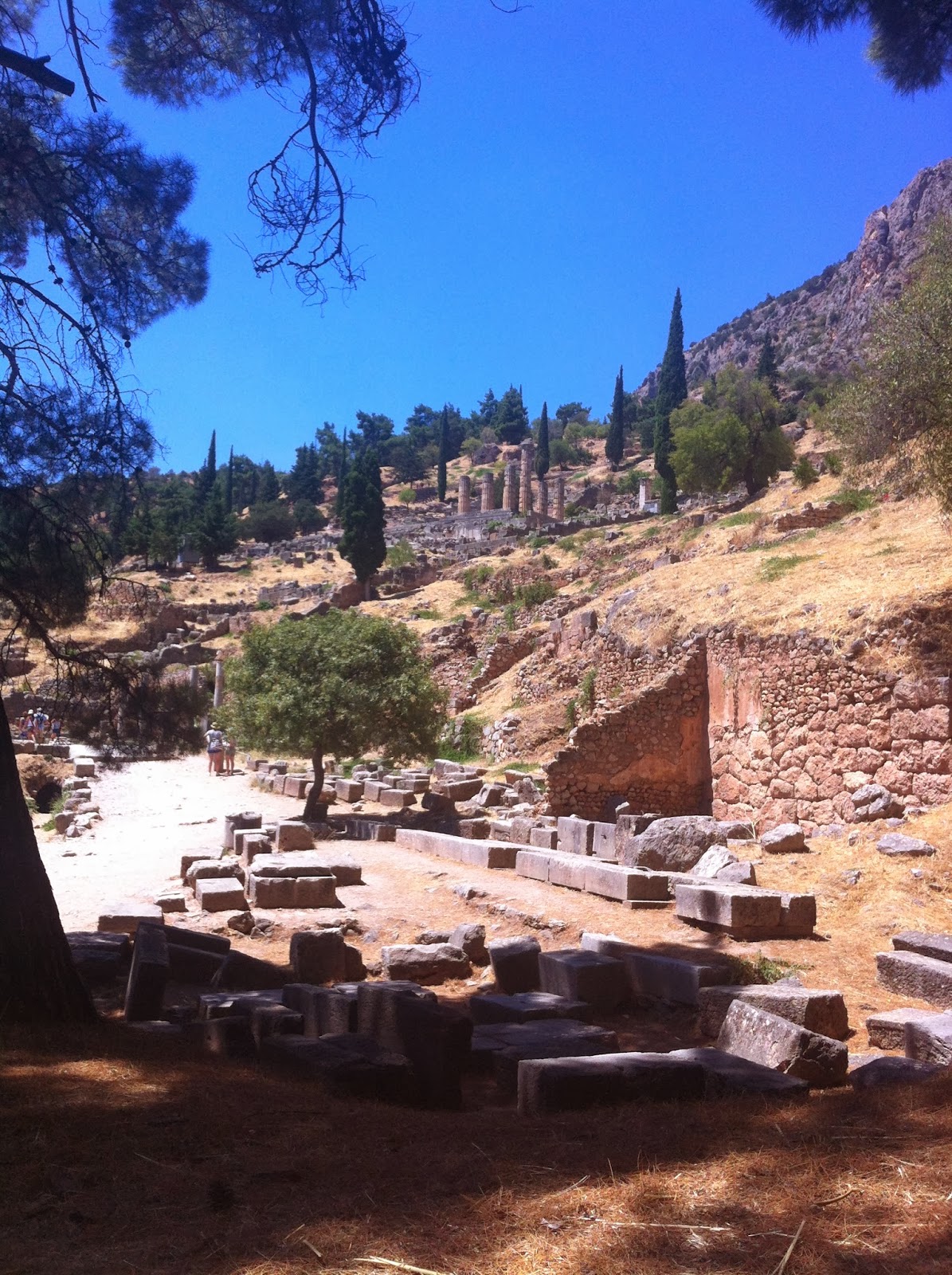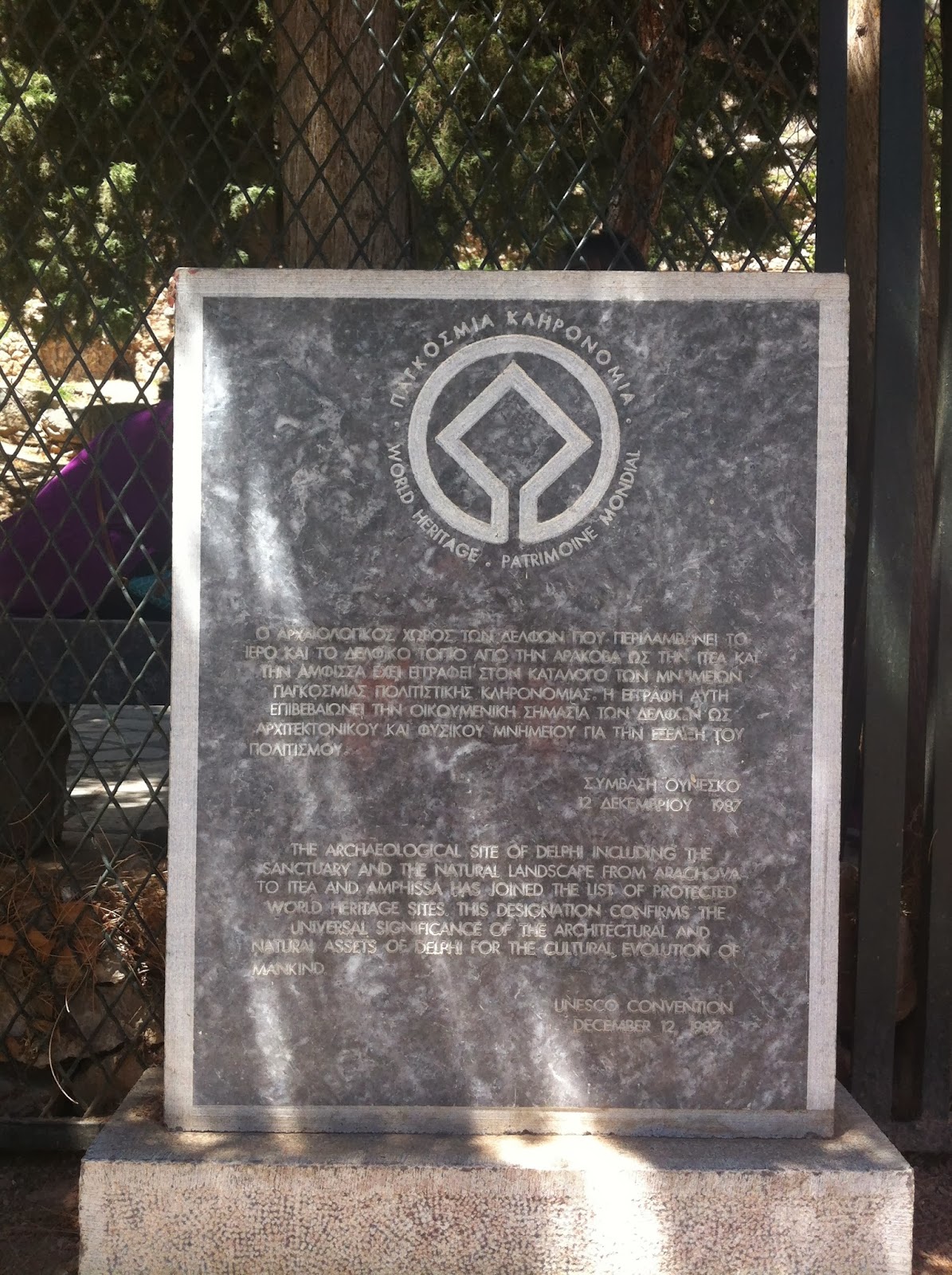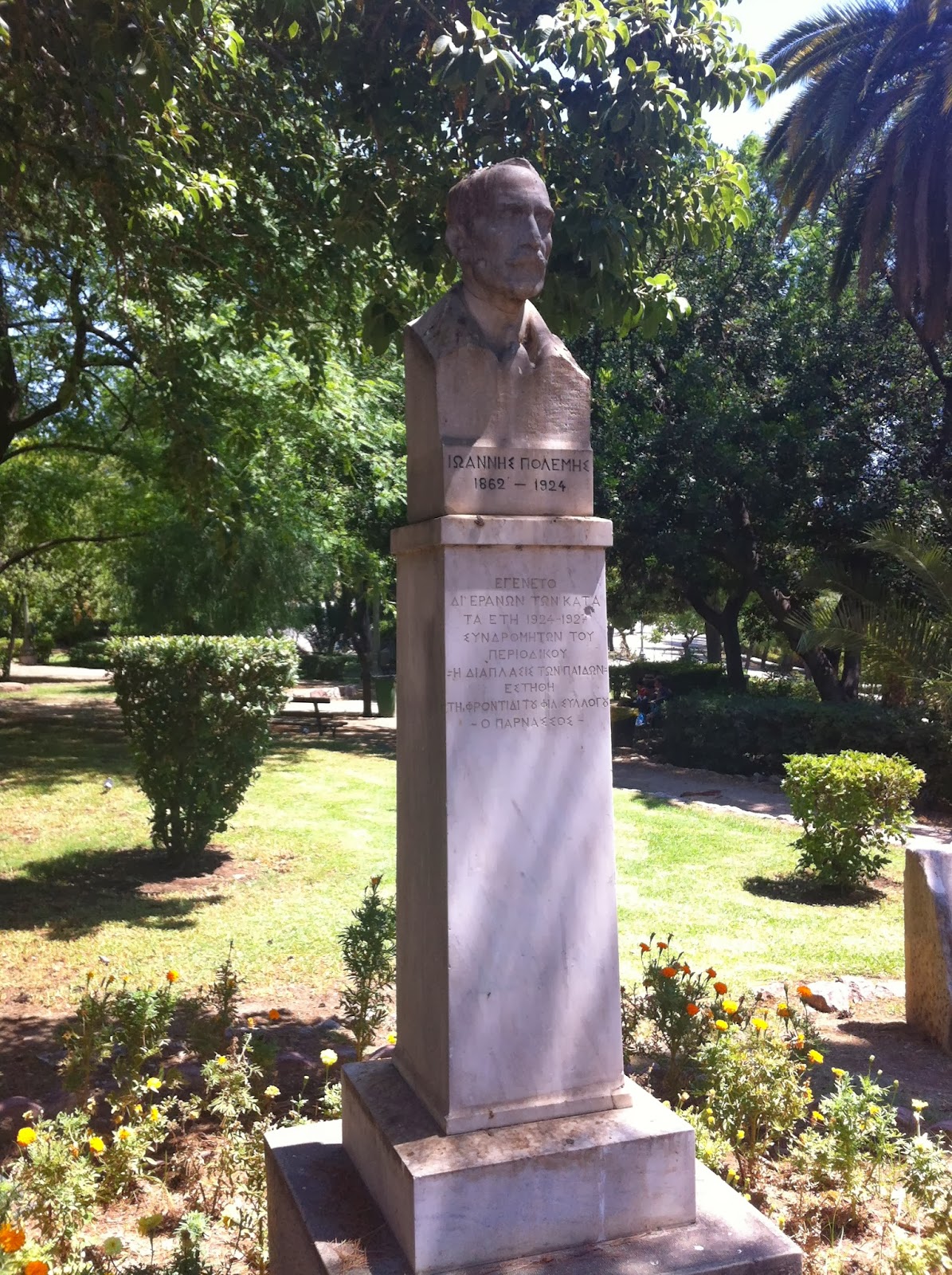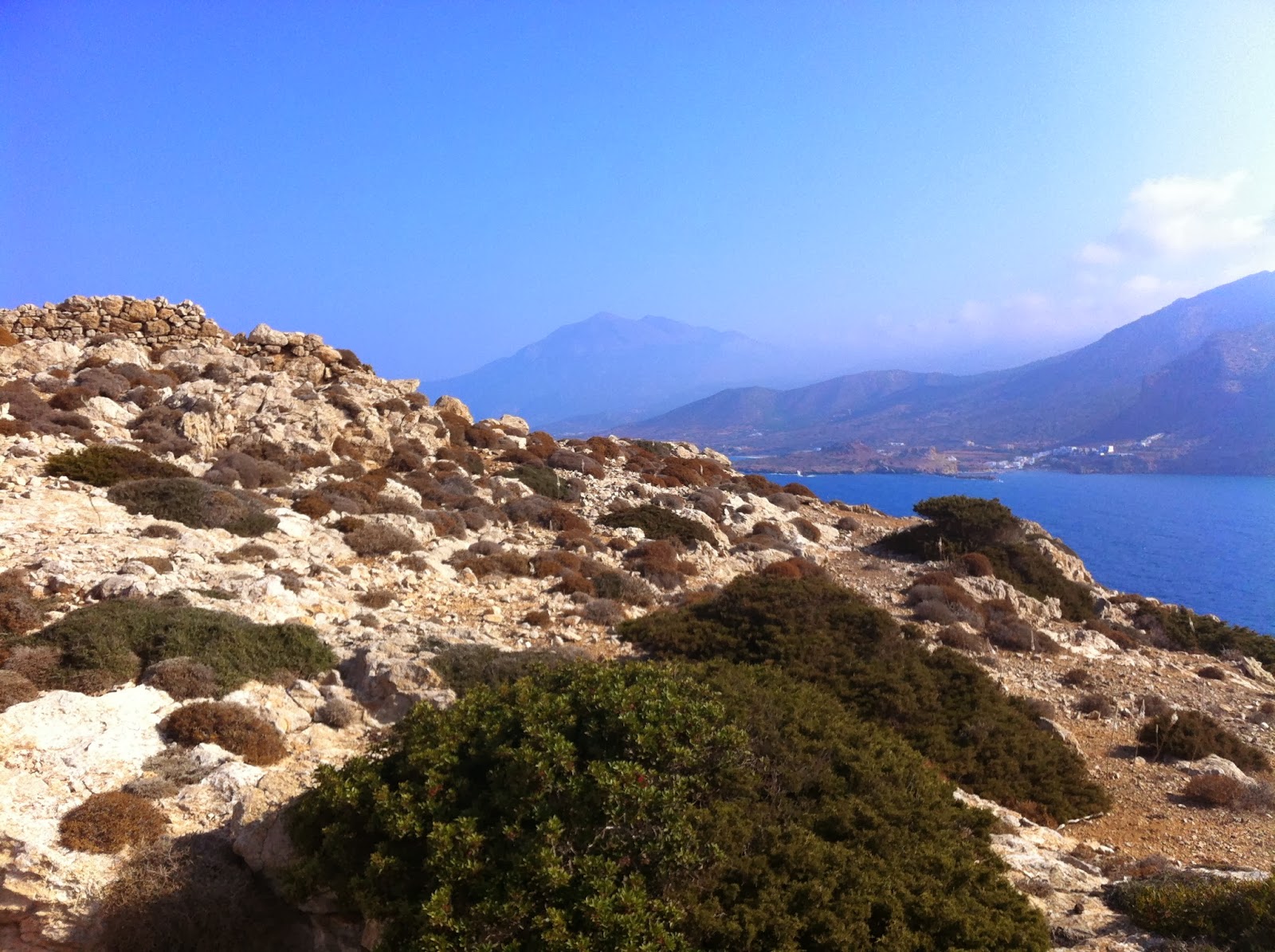An E-mail Interview with Maurizio, a student with ties to Venezuela about the political situation and uprising in his home country.
What's your relation to Venezuela?
My name is Maurizio and I am from Caracas, Venezuela. All my family still lives in Venezuela and I visit when I am not taking classes.
What do most Venezuelans think of the late Hugo Chavez?
It is hard to speak for most Venezuelans since the country is divided in half. However, in my opinion, Chavez was a very charismatic individual who was able to make his way to power by talking his way through the lower class and promising them a country with no social divisions. However, in his 13 years in power he was not able to deliver anything he had promised and drove Venezuela to an inevitable implosion. When Chavez died, he left a divided country ruled by violence, corruption and unemployment. Venezuela nowadays is a country with a failed economic model where the poor can't buy essential products to have a decent day-to-day life, where the rich have closed their businesses and escaped the country after being persecuted and a middle class that is slowly disappearing.
How did things change between Chavez and Maduro? Have they improved or worsened?
Maduro came into power after Chavez's death through very questionable elections where uncertainty and irregularities dominated the national and even international press. Maduro was chosen by Chavez as his predecessor right before his death because he had been with Chavez throughout his political career and he had proven his loyalty. However, Maduro, an ex bus driver with no education, had only been promoted because of his personal ties with Chavez rather than by personal achievements. Maduro claims that Chavez talks to him through birds and that he does everything his commander would do if he were alive, Yet, ever since Maduro came into power the economy has collapsed entirely. Most of the private industries have been nationalized and because of the government's inability to run them properly, there are shortages of every product in the country. One can't find medicine, chicken or even toilet paper nowadays and when there is, the lines are incredibly long. Inflation has increased 56% in just one year and the market for dollars has stagnated. The official Bolivar to USDollar exchange rate is 6.3 Bolivares, while the black market offers between 80-90 Bolivares. This means that foreign investors can't change their profits into dollars because they would loose all their earnings and that Venezuelans can't change their earnings into a stable currency.
Why did these protests start? In Ukraine, it was Yanukovych's decision to not sign the EU Trade Agreement. Did Maduro do something to provoke the protests or is it just general dissatisfaction that has provoked this uprising? Or was it something else entirely?
The protests began on February 12-Youth Day-when college students from all over the country gathered to show their discontent towards their government because they did not feel supported by the government. Professor salaries were way too low, the infrastructure was old and outdated, there were barely any government aid packages for students without resources and the delinquency inside universities was getting out of control. However, the governments response to these peaceful protests was to attack the protestors with tear gas and rubber bullet guns, which caused the entire society to revolt and show the government their discontent. The opposition leaders used these triggers to support their political platform and demand the government asters to all the deaths and violence that occurred during the protest. The government instead of wanting a dialogue they used even more violence, which made entire cities go to the street and demand justice for all the deaths as well as solutions to the corruption in the government, the economic problems and the violent crimes, amongst many other things. The government persisted on using violence to dissolve the peaceful protests, which have killed more than 30 people (most of which have been shot in the head by government officials).
Could Maduro stay in power if he promised reforms or is it too late to hold on?
The government decided to open dialogue with students and opposition leaders, but these 'peace talks' have been rejected because it is too late to want to talk according to student leaders. How can they talk to murderers who killed innocent civilians because they were showing discontent towards the situation in Venezuela. Sadly, 9/10 crimes in Venezuela go unpunished because of corruption and the lack of a judicial system. Most of the judges in the Supreme Court and officials in change of the CNE (government body in charge of organizing fair elections" have expired terms, and the only reason they are still in power is because Maduro has kelt them there since they know that if they don't do as they are told they will be laid off. Also, Leopoldo Lopez, a graduate from Harvard University has been in jail accused of instigating protests and altering the public just because he was the opposition leader who gave his face to the media so that every Venezuelan who was not content with the government could express their remorse through a peaceful protest. So basically, it is too late for Maduro to stay in power and if he does, the entire world knows what is happening in Venezuela and the countries who don't have economic ties with the petroleum industry in Venezuela (PDVSA) will sanction the Venezuelan dictatorship.
Why are poorer Venezuelans drawn to Maduro?
There are two types of Chavistas*: The ones that follow the money the government gives away. It is incredible that a petroleum rich country like Venezuela has so much poverty, which can only be understood if you visit the country. There is so much corruption. The government ever since Chavez came into power has told society that the rich have ruined Venezuela and that what they have should be everyones', so what the government has done is nationalize most industries and terrains that any Venezuelan has and doesn't use. There was a point where government officials would inspect individual houses to see how many rooms each home had and how many of those rooms were used to full capacity so that they could bring strangers without a proper house to anyone's private house. This idea was quickly proven to be a failure because what was happening was that government officials were being bribed so that one did not have to house strangers. The government instead of creating jobs for the unemployed and improving working conditions, it focused on brainwashing people and telling them that they should own what belongs to others that have worked all their lives to have what they have nowadays. The second type of Chavistas are those that don't want to work to get a better life and live of the basic supplies the government gives away every month from taxes and the electrical devices such as washes and dryers that are given away every now and then.
*Chavistas, as the name suggests, are supporters of the views and policies of Fmr. President Hugo Chavez.
The government here in Washington has been preoccupied with the Crimea crisis in Ukraine. What would Venezuelans like to see the United States do, if anything?
The only governments that have backed up Venezuelans so far are the USA and Panama. The Organization of American States is the agency that has dealt with the problems in Venezuela, but no agreement is ever reached because 3/4 of the countries back up the dictatorship that is happening in Venezuela or have economic ties with Venenzuela and they don't want to risk any repercussions from the Venezuelan government as it happened with Panama. A Venezulan Committee came to the OAS last week where they showed the world what was happening, but the organisations leaders decided to not act and in return the Venezuelan representatives were imprisoned as soon as they went back to Venezuela.
If you like my work, be sure to check out previous entries and Mind of Menyhert's facebook page at https://www.facebook.com/MindofMenyherttheblog!!
If you like my work, be sure to check out previous entries and Mind of Menyhert's facebook page at https://www.facebook.com/MindofMenyherttheblog!!
Update: This article has been shared by the facebook group "SOS Venezuela WorldWide", where there are currently 5,124 fans! Thanks!!



































































































































































